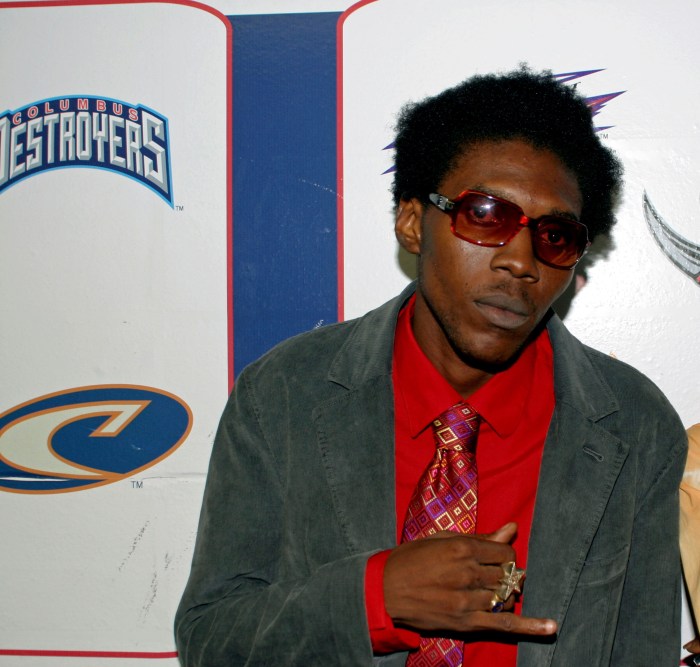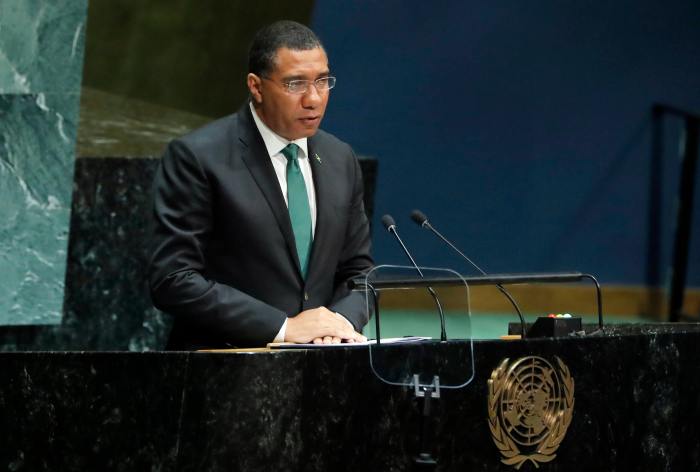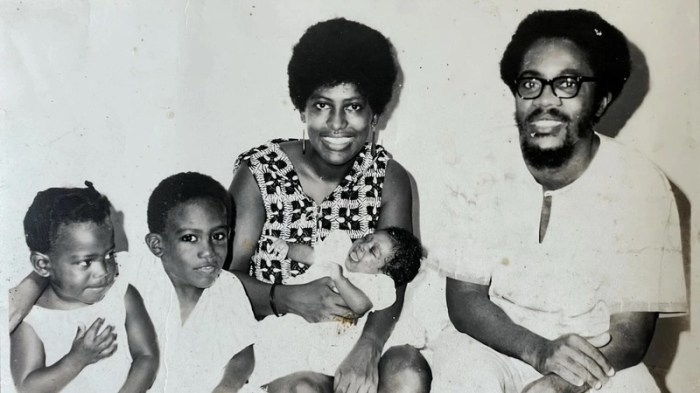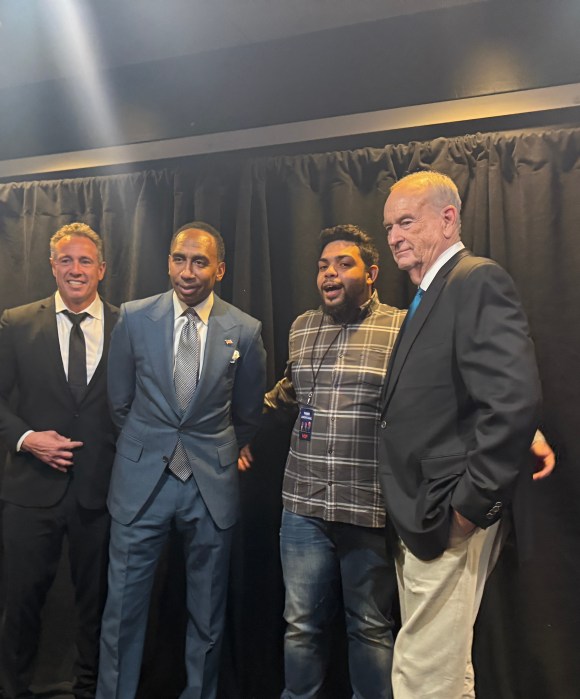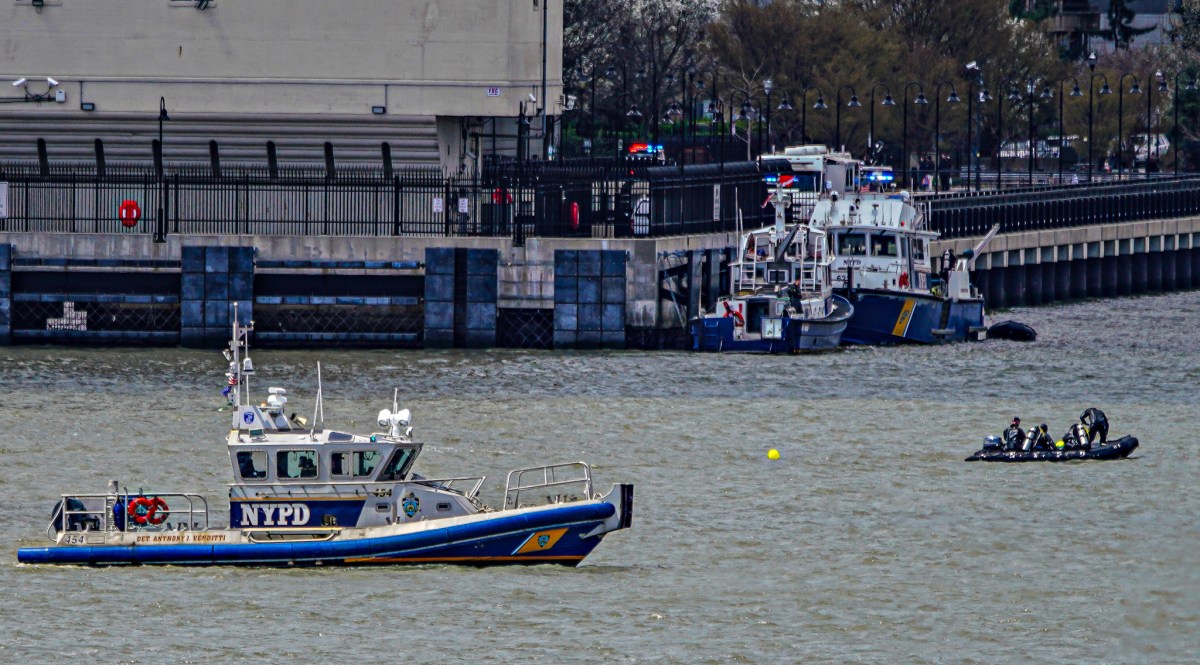Riding on a high from recent polls which put him primed for leadership, Andrew Holness, the youngest leader of a Jamaican government addressed nationals with a forecast to future prosperity.
Now leader of the opposition Jamaica Labour Party, Holness was only 39 when he was handed the controls to his country in 2011. Now making the rounds to Canada and New York to test the temperature of the diaspora community and also project his “vision for transformation” of the Jamaican economy he presented ideas to former residents of his island.
Some claim his vision might be blurred.
Others consider his second bid at being leader to be prescriptive, clear and ready for a 2016 challenge and maybe proven through to 2020.
“I don’t see JLP or PNP, the only P I see is the P for prosperity” he told a gathering of nationals during a public forum recently.
Seemingly lured to the Tuesday forum by Jamaica National’s annual “outlook for the future” presentations, a declared non-partisan, passionate grouping of patriots represented concerned Jamaicans and not the usual devotees to either the JLP or the ruling People’s National Party.
Often attended by loyal supporters of the two dominant political organizations that either maintain or exchange leadership and opposition position after each election, a kind of town hall meeting indulged Jamaicans from the tri-state area.
Former Prime Minister Bruce Golding of the same political alliance entertained a similar procedure when he visited Medgar Evers College in Brooklyn prior to his election in 2007.
On this pre-election go-round, the JLP delegation addressed nationals in Manhattan.
During a keynote address Holness expressed hope for Jamaica.
His brief address explained how he envisioned Jamaicans proudly traveling without stigma of being economic refugees to destinations such as Trinidad & Tobago.
He seemed to have 20/20 vision on the topic of education.
Offering a ‘Superman’ perspective of his vision, he projected how under his governance he would eliminate the Darwinian type of education that favors the privileged.
As if illiteracy might be the kryptonite to stall his plan, he took a chunk of time to share a story about an immigrant here whose explanation in court could not be interpreted.
Allegedly, a frustrated judge unable to comprehend the Jamaican asked the defendant to write whatever he couldn’t verbally explain. Unfortunately, the man could not read or write. If the persistent judge had not proceeded to call in an interpreter familiar with Jamaican patois, the individual might have faced a murder charge rather than the manslaughter he ultimately defended.
Holness’ brief address was followed by a panel discussion with one of his opposition Parliament colleague Edmund Bartlett. Now serving as spokesperson on foreign affairs, Bartlett previously served as minister of tourism and accompanied Golding on his pre-election, Brooklyn outing.
Prof. Donald Robotham, director Advanced Research Collaborative at the Graduate Center (CUNY) and former Holness’ instructor, along with Jamaican Senator Kamina Johnson Smith, JLP’s chairperson, of the Legal and Constitution Committee and Irwine Clare, a member of the advisory board of the northeast division of the Jamaica Diaspora USA added to the insightful theme.
However, it was not until Jamaicans abroad joined the foray did the transforming process become transparent.
Clare made a poignant comment that members of the diaspora held little trust in the government and that the diasporans’ interest in the nation was to be a “partner not an ATM” did the exchange broaden the vision.
While a majority agreed their role is to help bolster the low-growth Jamaican economy, an alleged social worker objected to being a money dispensing machine.
She explained how she migrated from Trench Town in Kingston, studied to earn a degree and don’t mind sending money to the family she left behind.
“We want to send intellectual remittances,” Clare explained.
Bartlett broached the topic by talking about demystify diplomacy. He said the diaspora is Jamaica’s “commonwealth for para diplomacy to locate access.” He said access, knowledge and technology were the key assets the diaspora could offer.
Some of the most passionate expressions involved discussions about Jamaica’s use of coal to power energy.
“Coal is cheapest,” Holness said.
But the overwhelming response was that the dirty energy is not worth the risk.
“JPS (Jamaica Public service) must produce more efficiently to help the energy problem,” Holness relented.
He seemed firm in his support of the usage of coal and admitted to being a latent supporter but the boisterous crowd denied any explanation on the matter and blamed the change of attitude to Holness’ pandering to Chinese promise.
“The Chinese are looking for fertile ground to conquer,” a Chinese-Jamaican woman chimed in. “They already have polluted many of their own communities.”
The Tivoli Gardens insurgency also placed Holness on the hot-seat.
“We are not proud of what happened in Tivoli Gardens,” Holness said.
“We’re sorry.”
“There is a need for catharsis,” he added, “public exposure of why 70 people were killed…government should be accountable.”
He called for a fair and impartial commission of enquiry that he would endorse if it would be free of political implications.
The Buggery law on the island made its way into the Q & A segment.
Bronx resident Shawn Cargil asked about a revision of the archaic law used to convict lesbians, gay, bi-sexual and transgender (LGBT) citizens.
Migrated from the island at age 11, the thirty-something, non-partisan Jamaican said he was curious to hear Holness’ response.
While there was mixed reaction from the crowd, it seemed tempered but still had one individual screaming a negative outburst he cited because of “God and country.”
The opposition leader said under his government a referendum from the people would decide his position. Although he claims to be committed to human rights for all citizens, he said he would let the entire nation decide which way forward.
There was mixed reaction to the controversial question and equally puzzling answer.
Much more tolerant of the topic, the majority seemed willing to allow Cargil an opportunity to introduce the controversial issue.
As his party predecessor Bruce Golding did when he visited the Schomburg Library after a retirement from politics trip to New York, Holness echoed the pitfalls with bureaucracy on the island.
“Time is money, there is no reason” for much of the bureaucracy Holness parodied.
“We have to ignore politics of people waiting to protect turf.”
Golding had also talked about inefficiency within the civil service.
Holness offered no new solutions but talked unceasingly about deficiencies that hamper expeditious transactions.
Johnson Smith, the legal mind on the panel endorsed a need to curtail adolescent pregnancy she said it attributes to poverty.
Educator Robotham all but countered that viewpoint.
Saying he had not found the viewpoint of the sole female on the panel to be true, he hijacked the teenage pregnancy issue to opine about the International Monetary Fund, Goat Island, G-Sat, CXC, tourism, security, PNP and a myriad of topics he probably felt compelled to elaborate to the public while side-stepping the direct question moderator Emily Crooks allowed him three minutes to address.
Corruption, drugs, agriculture and a few more issues received brief notice.
Apparently there are many, many, small farmers aiding the agricultural industry. However, the fact they continue to toil using the most antiquated farm equipments offered little redress except to propose new technology.
For many, the revelation that a mere 25 percent of people voted in recent elections held in Jamaica seemed a jaw-dropping reality.
“The voting block is small,” Holness said.
The health sector had its advocates.
After explaining concerns related to donating needed medical equipment, an alum of a school on the island repeated the bureaucratic red-tape that inhibits charity.
Clare seized the opportunity to mention that more than 200 medical missions were made to the island from the diaspora. He urged nationals to get involved with the group that is lobbying for more influence in decision-making on the island.
With that revealing tid-bit, it was made public that 10 thermometers were donated to the island to be used in detecting feverish conditions when passengers arrive at the island’s airports.
The good news received applause. That Ebola might be arrested at the airport provided relief to potential visitors to the island.
Holness’ vision to boost the economy included an effort to develop film animation.
Some of the issues that were not addressed include: the four million dollar flight bill Jamaica paid in order to deport T&T Muslim, native Abu Bakr.
Described as “an issue of national security’ threat,” reportedly National Security Minister Peter Bunting, justified his action saying in Parliament ”we did not want him to spend any time radicalizing us.”
Bakr is perhaps best known for his leadership role in the July 1990 coup in T&T.
Another topic which was not addressed surrounds the Chik-V epidemic which has accounted for deaths to six Jamaicans who allegedly succumbed to complications from the mosquito borne-virus.
Any plans for ridding Jamaica of the “Don” culture?
That question received a response that “crime is a symptom of poverty.“
“The biggest weapon against crime is the citizen.”
According to Holness,the former ninth and possibly 11th prime minister of Jamaica: “it is the minister of finance that must fight crime, not the police.”
Minister of Finance, Peter Phillips is due to arrive in New York soon to address nationals at the Schomburg Library.


